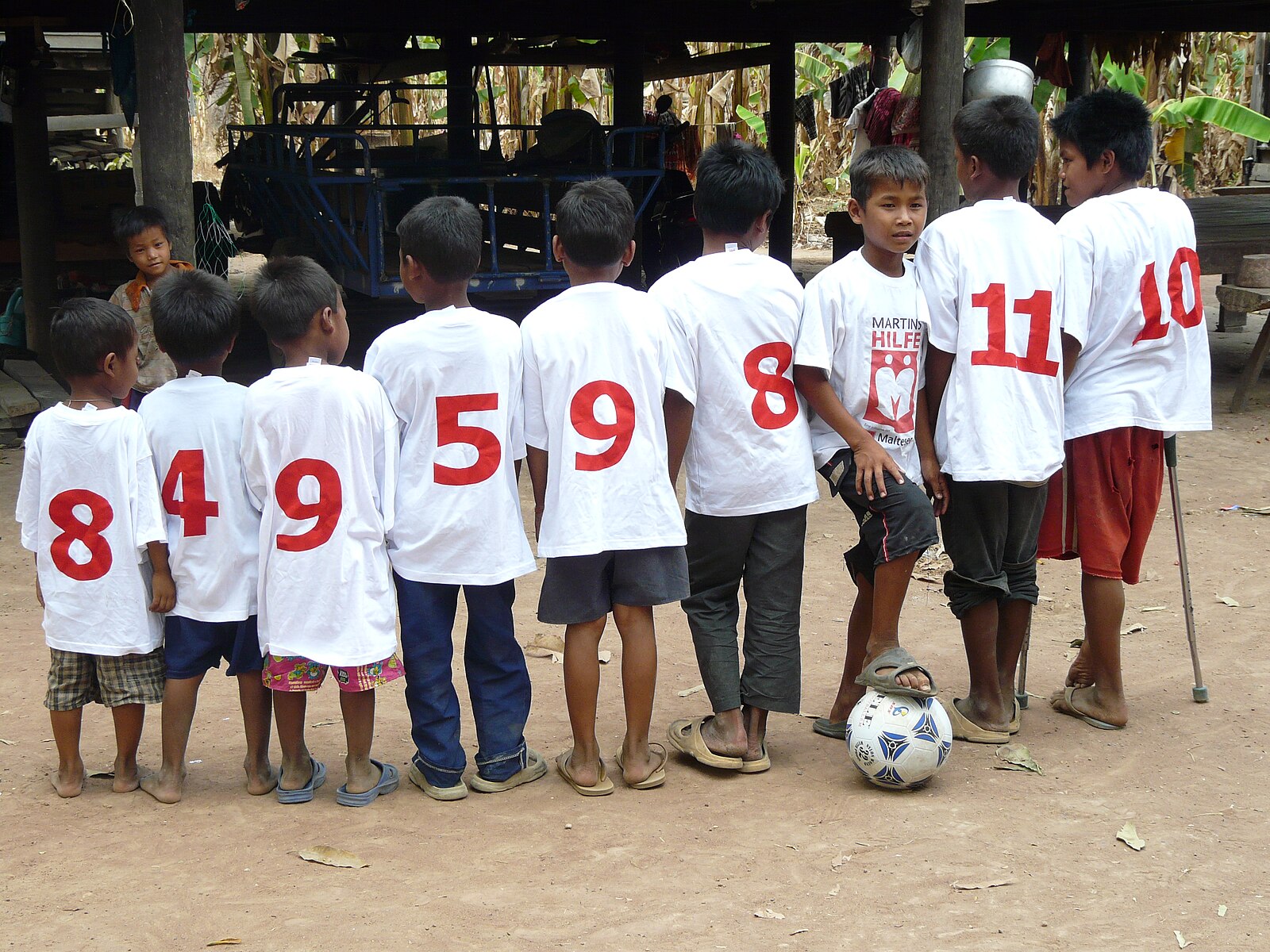Being raised by a football-enthusiast father, the stadium gene was placed in my veins pretty early. 45 years ago, he and I went to the stadium (VfB Stuttgart) every two weeks with the father and son ticket (as there was no father and daughter ticket) which at the time I thought was very cool. The passion has slowed down a bit over the years, yet with the European Football Championship in Germany around the corner, the gene starts moving again.
But today I would like to look at football from another angle. Not only since Nelson Mandela famously stated, “Sport has the power to change the world,” we know that sport is bringing people together across borders and beliefs or makes children move and run together.
This belief resonates with many footballers as well, inspiring a number of them to establish their own charitable foundations, aiming to leverage their influence for broader societal benefits. These foundations are not just extensions of their celebrity; they are powerful tools for social change, addressing global issues from poverty to education and health.
The Genesis of a Foundation
The story often begins with a personal connection to the cause. For instance, many football stars come from humble beginnings and understand the challenges faced by underprivileged communities. Their foundations are often rooted in these personal experiences, aimed at giving back to communities similar to those they grew up in. These initiatives are deeply personal and reflect the values and experiences of their founders.

© Martinshilfe
Football stars’ foundations typically focus on a range of social issues:
- Education: Many foundations prioritize education, building schools, providing scholarships, and supporting educational programs in underdeveloped areas.
- Health: From constructing hospitals to funding medical research, these foundations address various health challenges, ensuring better access to healthcare for disadvantaged populations.
- Youth Development: Recognizing the role of sports in personal and social development, these foundations often support sports programs that encourage leadership, teamwork, and discipline among the youth.
In the light of the European Championships approaching, we would like to focus on some foundations of European players:
- The Manuel Neuer Kids Foundation: This foundation focuses on aiding disadvantaged children and youth by providing them with access to education and sports, thereby breaking down social barriers.
- Mats Hummels’ Common Goal: Hummels was one of the first footballers to join the “Common Goal” movement, where players and coaches donate 1% of their salaries to organizations committed to social causes worldwide.
- The Toni Kroos Foundation: This foundation supports seriously ill children and their families. It offers financial, emotional, and practical assistance to make daily life easier and bring joy.
- The Cristiano Ronaldo CR7 Foundation: Ronaldo’s foundation aids children in need and supports various charitable projects that offer hope and opportunities to young people.
- The Lukas Podolski Foundation: Podolski’s foundation promotes sports and educational projects for children and young adults, aiming to enhance their future opportunities.
Common Goal: Uniting the Football Community
A standout example of collaborative philanthropy is the Common Goal initiative, spearheaded by Juan Mata. Launched in 2017, Common Goal is a pledge-based initiative wherein players, coaches, and football executives contribute at least 1% of their salaries to a collective fund that supports football charities around the world. This approach creates a sustainable and impactful model of giving, where the collective contributions can lead to significant social change.
Mats Hummels was one of the first to join Mata in this pledge, highlighting the initiative’s appeal among players known for their commitment both on and off the field. The initiative now boasts members from across the football world, demonstrating the broad appeal and support for such a unified approach to philanthropy..
Despite their success, these foundations face challenges, including criticism over transparency and the actual impact of their donations. However, many have responded by improving their reporting mechanisms and engaging more directly with the communities they aim to help.
As more stars recognize the potential of their platforms, the future looks promising for philanthropy in football. These foundations are becoming a critical part of the legacy of players, showing that their impact can extend far beyond their athletic achievements and into transformative social activism.
These efforts underscore a crucial aspect of modern celebrity in general: responsibility.














